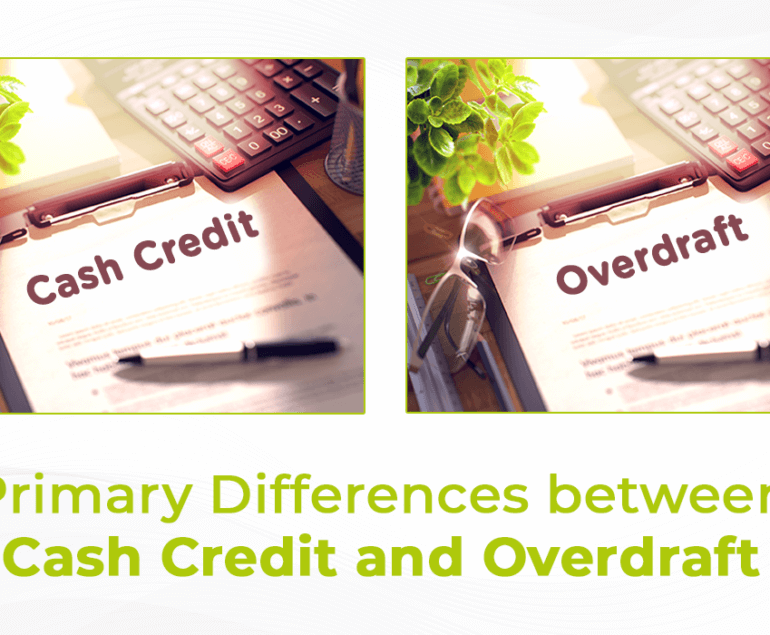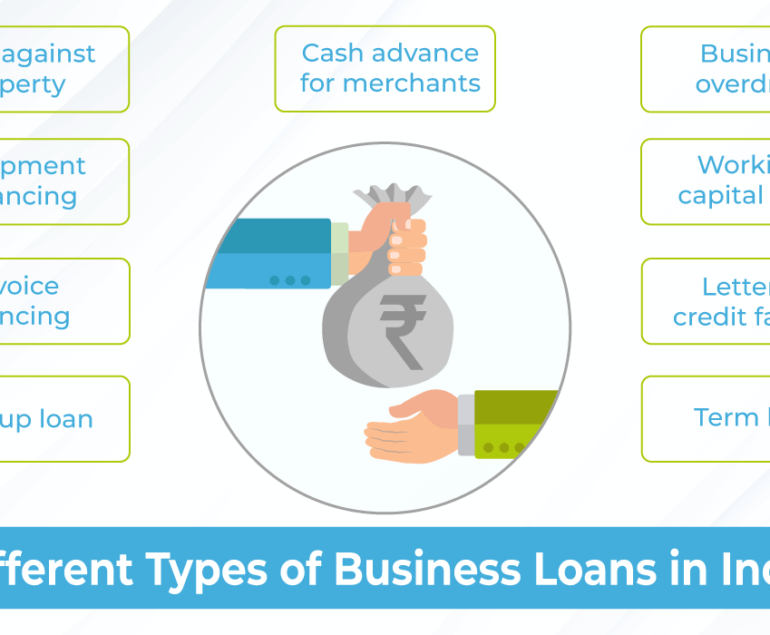Founded in 2000 by the Small Industries Development Bank of India and the MSMEs, the Credit Guarantee Fund Trust is an initiative of the Government of India to provide credit guarantees to micro and small-sized businesses.
Those startup companies need funds to gain a strong foothold in the market. Collateral-free loans under CGTMSE scheme act as guarantors for business loans, helping business owners get financing.
To understand and benefit from the CGTMSE loan for new business, every entrepreneur and business owner in India must understand its importance. The availability of investment capital, whether debt or equity, is crucial for a company to launch and manage successfully, and the CGTMSE scheme has made it easier to access financing.
We will explore the CGTMSE Scheme, loan types, and how business loans can be obtained.
Don’t let a lack of collateral hold you back from growing your business.
Our team of experts can help you understand the eligibility criteria and guide you through the application process.
A] About CGTMSE
The government of India has established the CGTMSE program to provide guarantees to micro and small enterprises to facilitate their access to banks so they can start up financially sustainable businesses.
The scheme allows first-generation entrepreneurs to achieve their entrepreneurial goals through a credit framework. Further, this facility facilitates a smooth flow of funds to MSEs by reinforcing the credit funding mechanism.
The Credit Guarantee Trust’s responsibility is to recover the lender’s loss up to 85%, depending on the extent of the failure, if an MSE fails to meet its obligations. The program does not fund business startups involved in retail, trade, agriculture, education, or self-help organizations.
B] Features of CGTMSE
The CGTMSE Scheme has the following features:
- Selected banks and NBFCs are eligible for the guarantee cover.
- Working capital and term loans are both considered.
- A maximum of INR 2 Crores in credit facilities is available to new and existing MSEs.
- The guarantee coverage offered by CGTMSE is up to 75%-85%.
- The scheme covers manufacturers and service providers.
- RBI guidelines set interest rates.
- Lenders may lend Rs.1 crore to revive the business units if they cannot recover independently.
- If the credit was not recovered within three months or when the loan became non-performing, whichever came first, then CGTMSE would cover the entire loan amount, including interest.
C] Steps To Apply For A Business Loan Under The CGTMSE Scheme
The following steps must be followed to get a loan under the CGTMSE Scheme without any collateral security:
1. Understand the business entity
Suppose you are planning to apply for a CGTMSE loan for new business. In that case, you must set up a Private Limited Company, Limited Liability Partnership, One Person Company, or Proprietorship as per the business needs and acquire the necessary tax registrations and approvals to undertake business or execute projects.
2. Create a business plan
A market assessment should be done, and a business plan or project report should be prepared with information such as the business model, promotion profile, projected financials, etc.
Professionals with prior experience must prepare a business plan or a project report for “making the CGTMSE scheme a successful one,” where banks should place a high priority on project viability or business model validation and secure the loan facility without any collateral requirements.
3. Get authorisation for a bank loan
To get bank loan sanction under the CGTMSE Scheme, the business plan or project report should be submitted to the necessary banks that provide loans under the Scheme. The banks providing loans under the Scheme would then approve the loan request.
Bank loans can include terms and working capital facilities when a request is made for a bank loan. A loan application will be processed and sanctioned according to the bank’s policies.
4. Get a CGTMSE cover
When the Bank has sanctioned the bank loan, it will apply to the CGTMSE organization and acquire cover for the sanctioned Collateral-free loans under CGTMSE scheme. It is required that the borrower pay the CGTMSE service fee and the CGTMSE guarantee fee when the CGTMSE organization approves the loan.
If you are having difficulties understanding the application process, you can get in touch with reputed loan agents in mumbai. An experienced loan provider agency will have a good grasp of the process and can help understand the process swiftly.
D] Types of CGTMSE Schemes
1. Credit Guarantee Schemes For Banks
As part of its policy, the Ministry of Micro and Small Enterprises has proposed to grant guarantees to MSEs regarding credit facilities they receive from lending institutions. As a result of streamlining the scheme’s operation and thereby increasing credit flow to MSEs, several amendments have been made to keep up with the requirements of the banks and MSEs.
Based on CGTMSE’s ‘Hybrid Security’ policy, CGTMSE’s guarantee cover applies to the portion of the credit facility which is not protected by collateral security, the part not covered by the collateral security of CGTMSE.
To resolve the credit problem, lending institutions can often obtain collateral security on only a part of their credit facility, what is known as fractional collateral security. It may be possible to cover the outstanding amount through the Credit Guarantee Scheme.
As a result, CGTMSE will charge a fee on the credit facility’s principal and collateral security.
2. Credit Guarantee Fund Scheme For NBFCS
The CGTMSE developed a scheme for NBFCs to provide credit to MSEs. Towards a maximum of Rs. 2 crores, MLI will cover all loans it extends to MSE-eligible borrowers with a trust fund that will cover them all. Retail traders of MSEs have access to a maximum credit coverage of Rs. 1 Crore. Following Reserve Bank of India instructions, the fund should not be used for personal purposes.
Also Read: Top 8 Government Loan Schemes for Small Businesses in India
Don’t let a lack of collateral hold you back from growing your business.
Our team of experts can help you understand the eligibility criteria and guide you through the application process.
Conclusion
Start-ups and established MSMEs can benefit from loans for MSMEs loan without collateral in many ways. As a result, if you are looking for an MSME loan, you will not be required to provide any collateral or security. There is no need to pledge your assets if you are starting up a business or expanding an existing business.
Get in touch with us if you wish to apply for a business loan Mumbai, and we would be happy to assist you.




